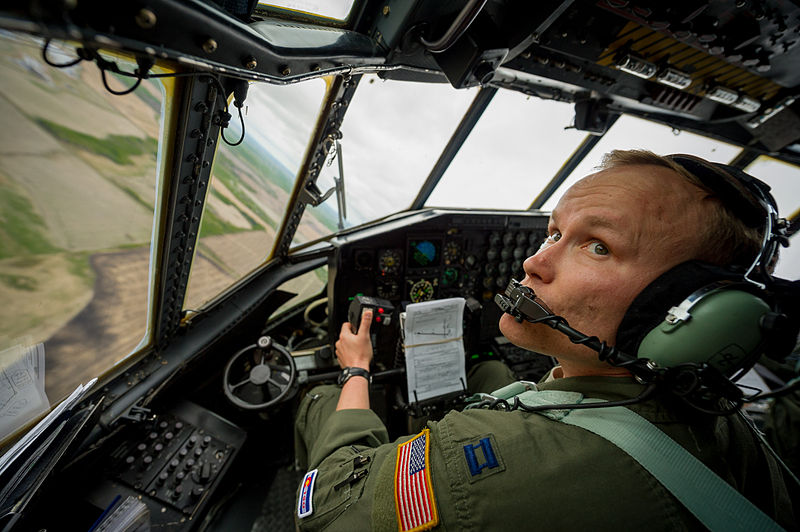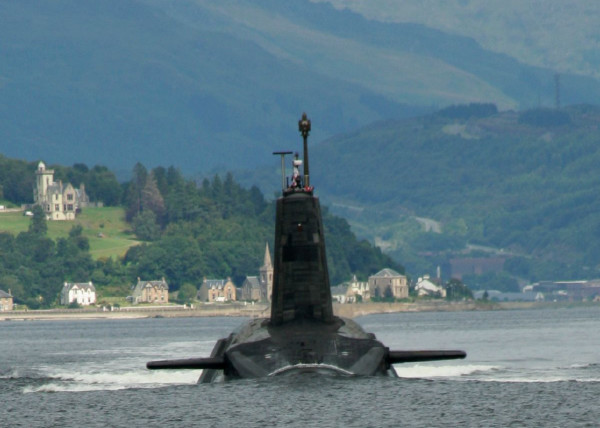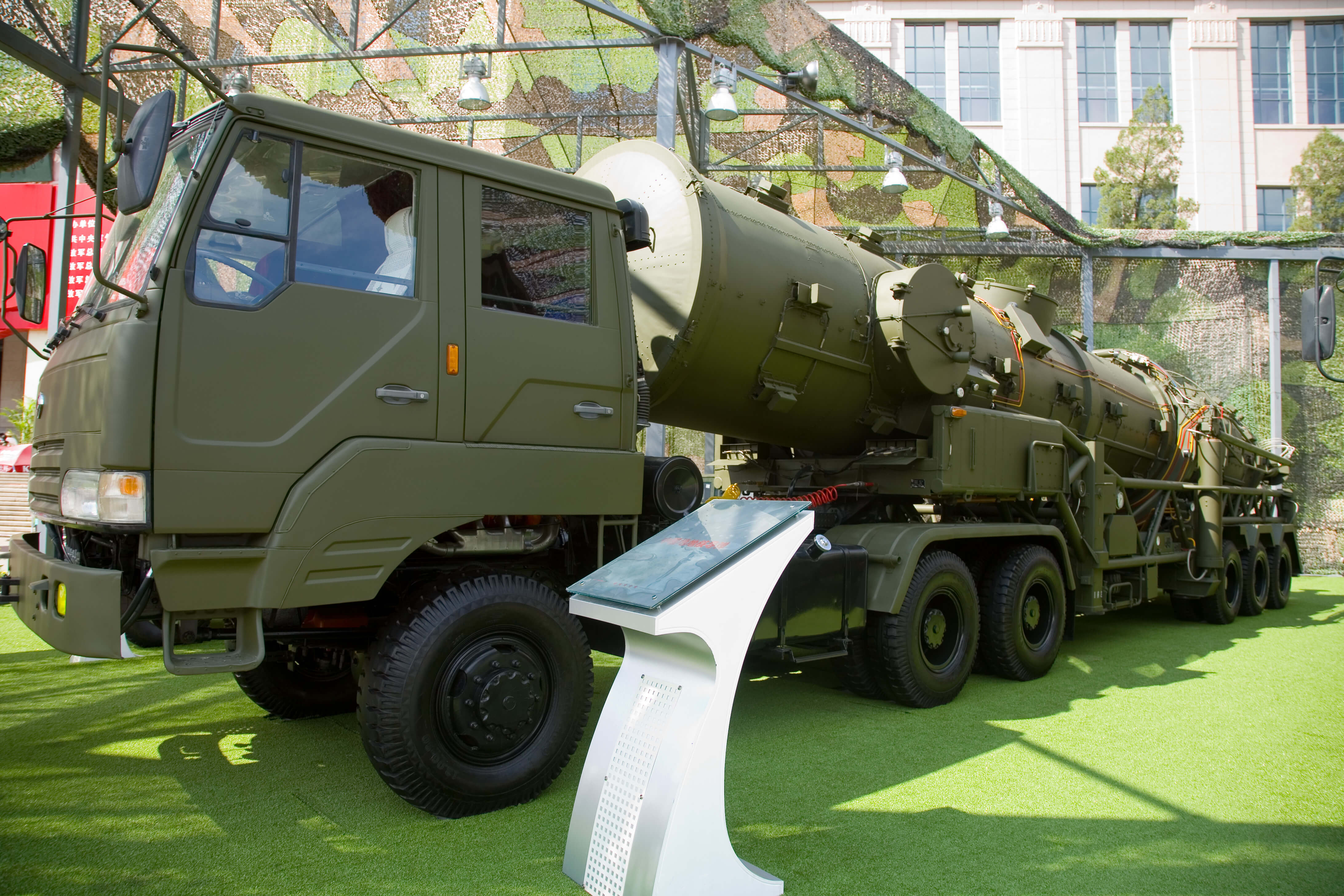The missteps and failings surrounding the purchase of the F-35 Joint Strike Fighter have become the defining characteristic of Canada’s defense procurement strategy over the past several years. Now, new developments have once again brought the F-35 back into the spotlight and questioned the Canadian government’s overall jet fighter procurement strategy.
Last month, two Canadian allies made the decision to purchase F-35 bombers from aeronautics company Lockheed Martin. In early June, Denmark, a fellow NATO member country, announced its purchase of 27 F-35s in order to replace its F-16 aircraft. In its decision making process, the Danish government compared the F-35 jets to Boeing’s F/A-18 Super Hornets and the Eurofighter Typhoons. After considering the several factors, including military performance and total life-span costs, the Danish found the F-35s to be cheaper and more effective than both the F/A-18 Super Hornets and the Eurofighter Typhoons. The Danish procurement process was lauded as both rigorous and transparent, using independent auditors to verify its findings. In late June, Israel followed in the footsteps of Denmark by purchasing 33 F-35s. The jets are expected to arrive in Tel-Aviv in December 2016.
Unlike its allies, the Canadian government has leaned in recent months towards purchasing F/A-18s Super Hornets instead of the F-35s. This is a mistake for several reasons. In the initial development of the F-35, Canadian companies were offered the chance to bid on Lockheed Martin contracts and in exchange, the Canadian government would purchase the F-35s. Similar agreements were offered to other partner countries, including Denmark. Out of a total of almost $10 billion worth of contracts, Canadian companies were awarded approximately $800 million. If the Canadian government were purchase Boeing’s FA-18 Super Hornets and not the F-35s, Lockheed Martin would pull their contracts from Canadian businesses, going against one of the primary goals of Canadian procurement strategy. Furthermore, this would open up Canada to lawsuits from the Lockheed Martin, an unnecessary expenditure.
The Danish F-35 purchase further fuels questions about the Canadian government’s decision to abandon its own plans for the purchase of F-35s. Denmark’s actions culminated in a clear and effective decision-making process. However in Canada, one of the current government’s election promises was to not purchase F-35s, a promise that was made in the context of the high stakes that a federal election tends to bring. Procurement should not be an emotionally motivated process but instead a highly technical, open, and transparent operation.
These developments have come at a time when the Royal Canadian Air Force was on international display. The town of Cold Lake, Alberta hosted once again hosted Exercise Maple Flag, an annual joint operation between the armed forces of Canada and its allies. This year included participation from the United States, the United Kingdom, France, Germany and Belgium. Forces participated in several different mission scenarios and flew over 1100 sorties between May 30 and June 24, 2016. Exercise Maple Flag and the actions by the Danish and Israeli governments have shown that the need for improved resources is becoming more essential.
Photo: US Air Force Capt. Phillip Chapman participates in the 47th Exercise Maple Flag in Cold Lake Alberta (2014), courtesy of US Air Force via Wikimedia Commons. Public Domain.
Disclaimer: Any views or opinions expressed in articles are solely those of the authors and do not necessarily represent the views of the NATO Association of Canada.




